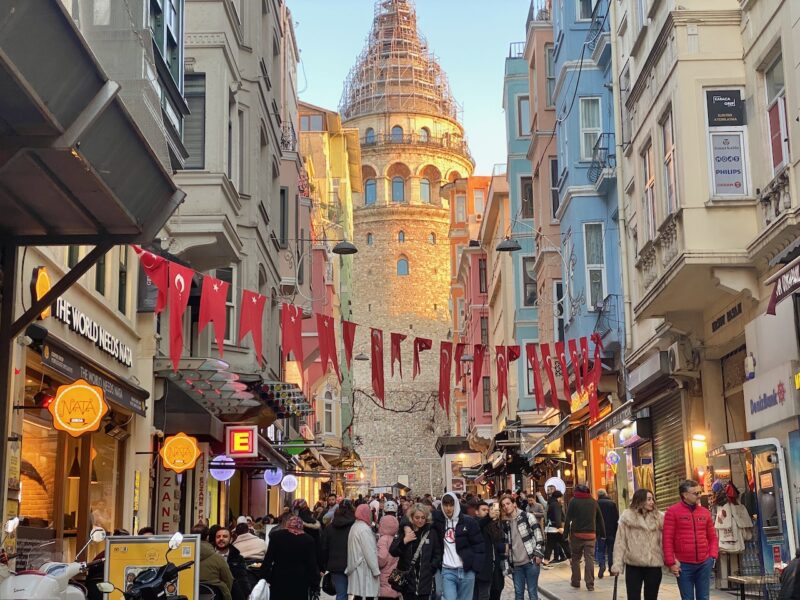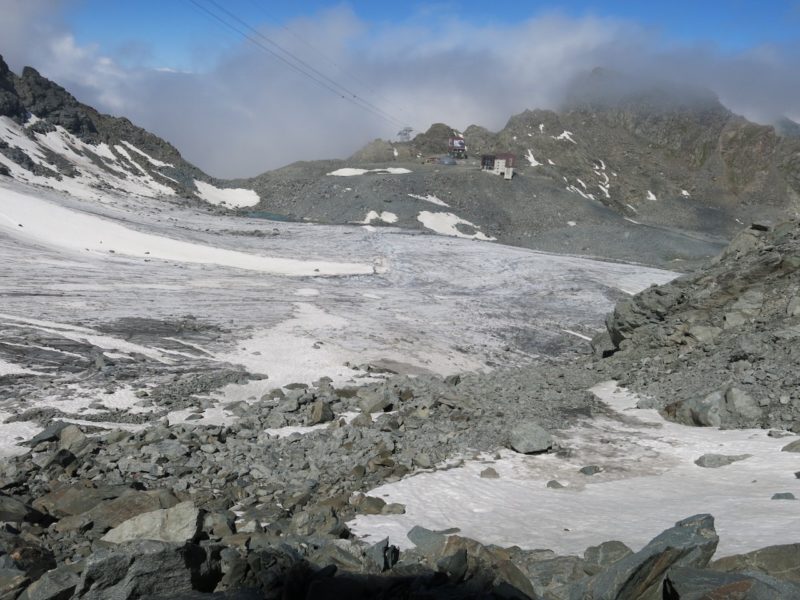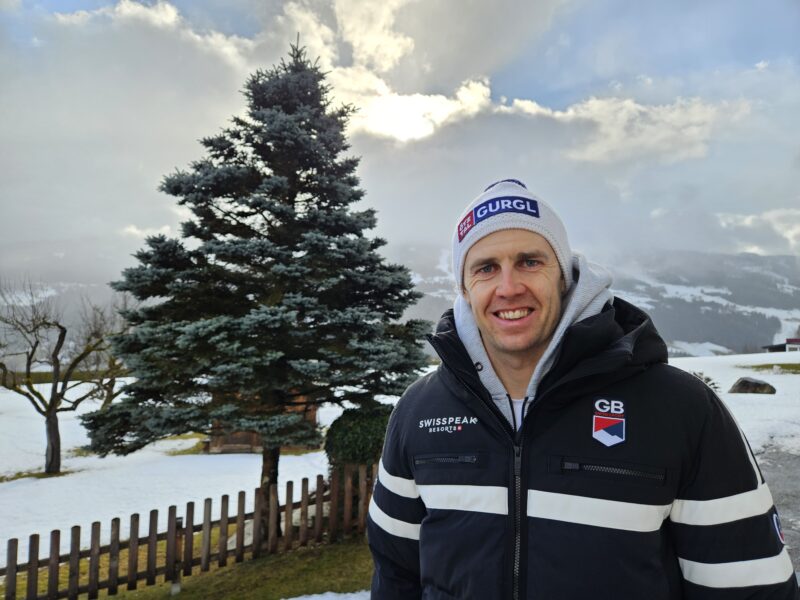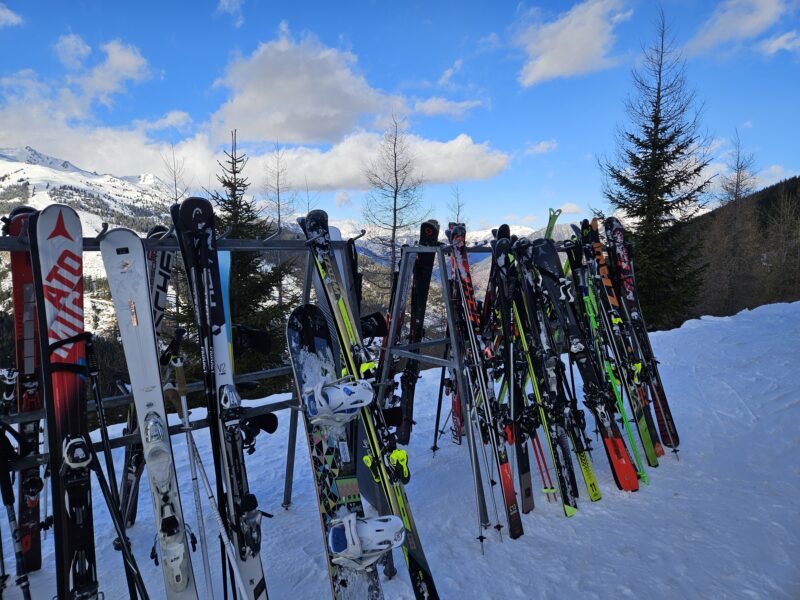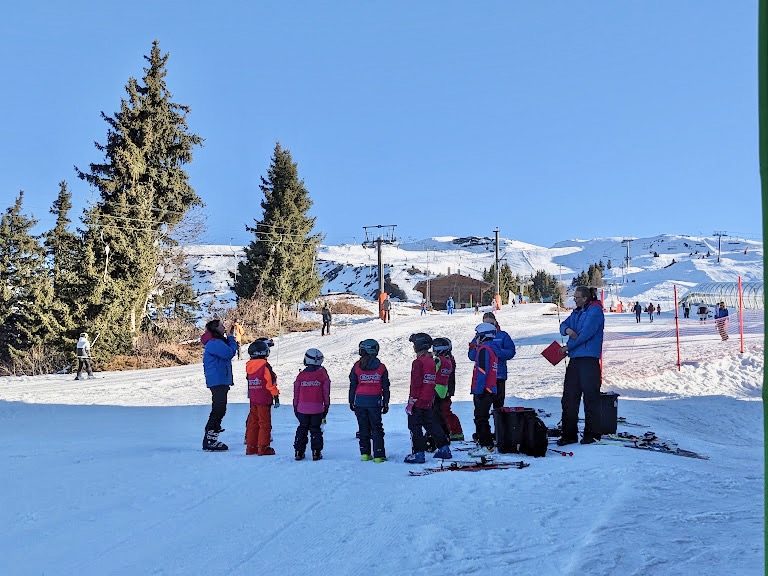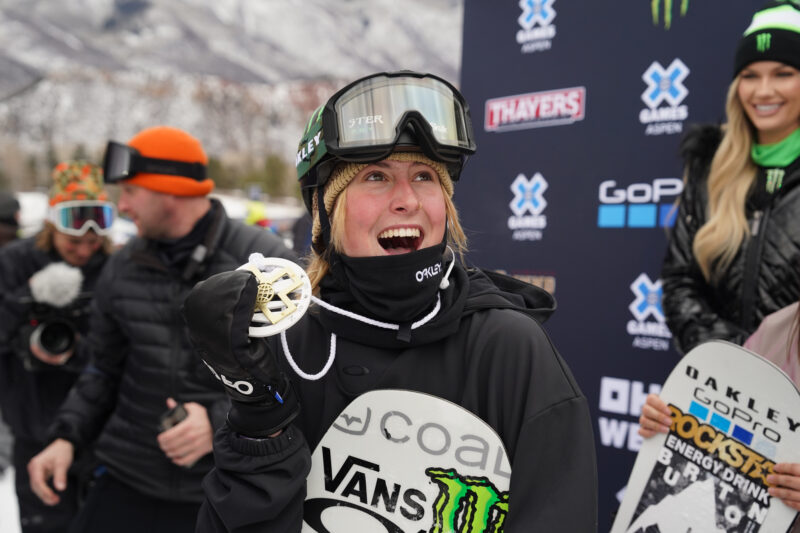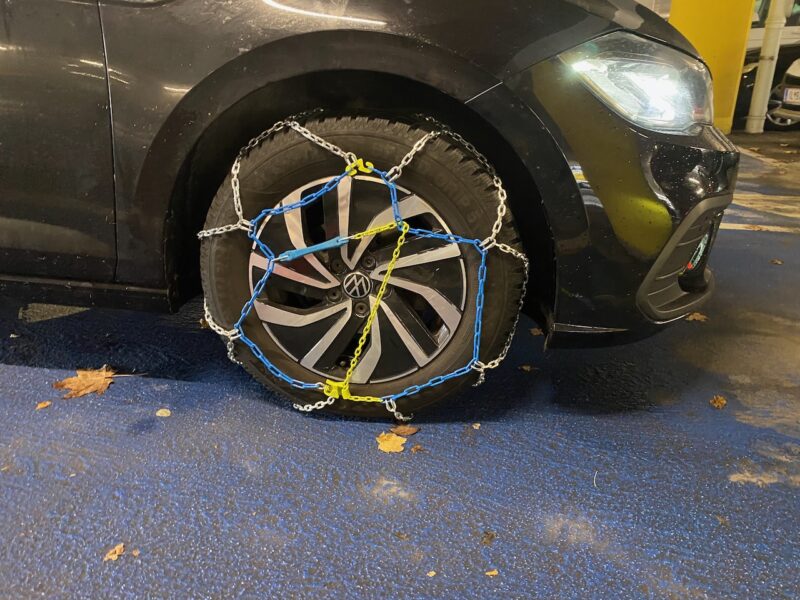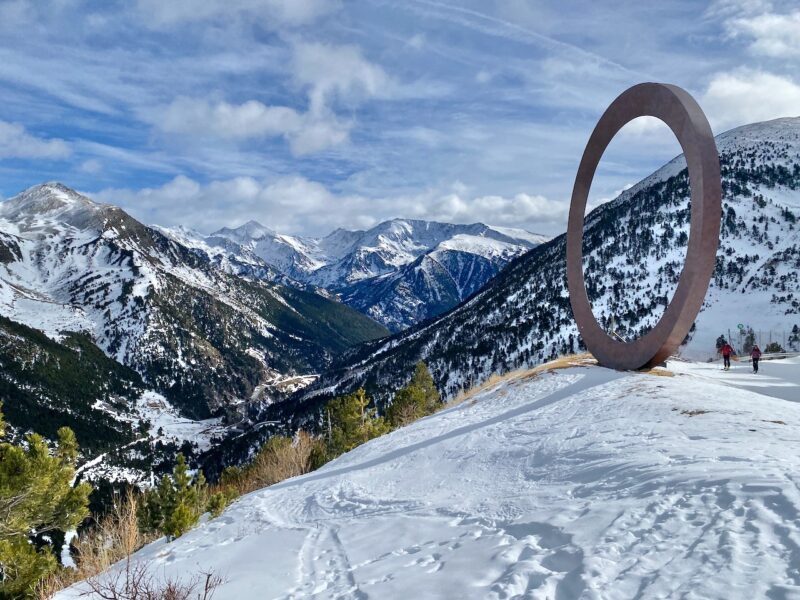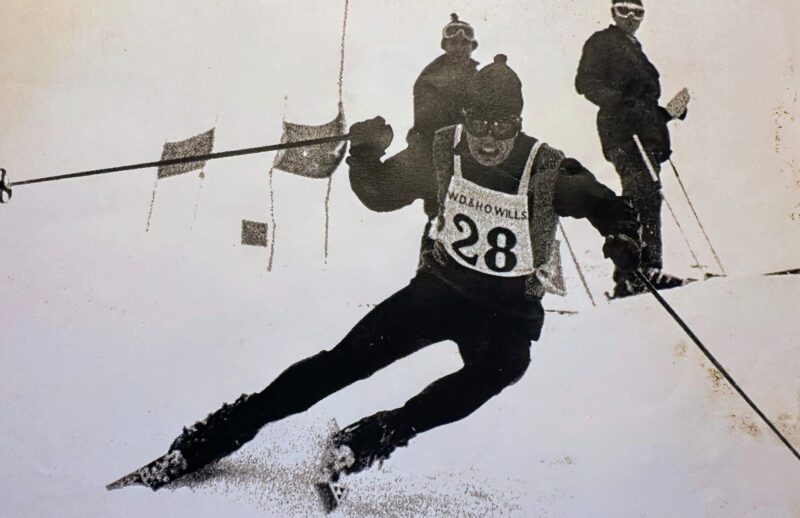Was Switzerland Right to Keep its Ski Resorts Open?
11th April 2021
Last modified on May 12th, 2021
Switzerland took the controversial decision not to close its ski resorts back in December as other alpine nations shut theirs. It is now the final week of this very different season in the major resorts. We report in-depth from the Valais in Switzerland on how winter unfolded in this exclusive report.
Switzerland kept its winter sports sector going, leading to accusations that it was putting the economy ahead of lives.
So, what has the ‘Covid season’ been like and to what extent did it protect the mountain sports sector of the Swiss economy?
Over the Easter period PlanetSKI has been surveying the scene in Valais, the canton at the heart of that business – home to mega resorts like Verbier, Zermatt, Saas-Fee, and Crans-Montana, as well as a host of others much loved by Europe’s skiers and snowboarders.
– Small resorts for locals did relatively better than large ones relying on International visitors.
– French and Italians came over the border to ski in Switzerland
– Ski instructors turned to other jobs to survive as local businesses suffer
– Winter cases of Covid-19 were high & restrictions needed tightening
– Few in ski resorts questioned the move to keep mountains open
PlanetSKI reporter, Mark Urban, received special dispensation from the Swiss authorities to enter Switzerland for work purposes and has followed all the coronavirus rules and regulations to the letter.
He is now in quarantine after returning to the UK.
Here is his report:

Mark Urban, PlanetSKI, Switzerland – (photo © Mark Urban)
Down in the Bagnes valley, below Verbier, the transport hub of Le Chable has been witness to frenetic activity most weekends this season, and during the Easter break.
People arrive on trains, then get in line for the gondola up to one of Europe’s great meccas of skiing.
And a long queue of vehicles edges toward the car park, many having driven from nearby France or Italy, as well as countries further afield, places where Covid shut skiing down this winter.
These snow starved people join the line for the ride up too, which because each cabin is limited by Covid restrictions to two rather than the usual four passengers, on some days has meant waits of an hour or more.
“You get very long queues”, Simon Wiget, Director of Verbier’s Tourist Office concedes, “but they move along very quickly”.
On 14th March 2020 Switzerland closed its ski sector as part of a wider national lockdown, Coronavirus Ends European Ski Season.
Many European leaders promised ‘never again’ on major national restrictions, only to have to do it all over again.
In Switzerland there was a determination not to repeat the experience.
Case rates soared last autumn and led to comparisons with Sweden’s light touch restrictions and accusations that the Swiss Federal government was letting the pandemic rip through the alpine nation.
To some extent the travel restrictions elsewhere forced people living in the country to holiday at home.
Patrick Philippoz, spokesman for Valais Tourism Promotion, notes, “the resorts where the usual clientele is mostly Swiss came through it well. That’s the case in villages like Ovronnaz and Anzere.
“The ones with a bigger foreign clientele suffered more, like Zermatt and Verbier”.
Even in those larger mountain domains the influx at weekends and holidays has helped to keep lift companies solvent.
On a peak day during a normal season Verbier has 25,000 riding its runs, whereas this year the biggest day was 17,500, says Simon Wiget.
In order to keep things going on quieter days, particularly during the January and March doldrums, many places closed down parts of the network to cut costs.
Verbier shut its Bruson area back in February, Verbier Closes Parts of its Ski Area as Ski Numbers Fall Due to Covid-19.
The replacement of so many foreign tourists with Swiss, as well as snow-craving French or Italians, visitors – people more likely to be expert skiers and boarders – has not been good news for instructors.
“The Covid travel restrictions have meant that business has evaporated”, says Roddy Willis, a Verbier-based ski teacher for the past 15 years who normally coaches English speaking clients, “if I had decided to ski teach this winter, I think I would be very poor”.

Roddy Willis in the powder. Image © Roddy Willis
Instead he has focused on his business modernising chalets and apartments.
On the other side of that famous 4 Valleys area are Nendaz, Veysonnaz, and Thyon, it’s an area I know well, having instructed there in recent years.

4 Vallees, Switzerland (photo © Mark Urban)
The countries that form the basis of their clientele, the UK, Belgium, and Netherlands, were among those hardest hit by Covid this winter.
“We’ve really only had two good weeks, back in February”, the director of one ski school told me, “for the rest of the time it’s been really tough”.
Across on the sunnier side of the Rhone Valley, I saw dozens of clients at the Crans-Montana ski school.
That’s still well down on usual numbers but the well-heeled resort benefited from the decision by many of its chalet and apartment owners to weather the Covid storm in the mountains.
Overall visitor numbers are only down slightly, according to Bruno Huggler, CEO of the resort’s Tourism and Congress Office.
That’s partly because, “second-home owners which were staying away for many years, returned again and recognised a lot of innovation and positive development”.
According to Mr Huggler, 90% of Crans-Montana’s visitors this winter have been Swiss based, whether citizens or ex-pats.
Of the foreigners the biggest cohort have been the French, who account for one third, he adds.

Crans-Montana, Valais, Switzerland (photo © Mark Urban)
The Gallic influx, almost certainly a temporary phenomenon once France’s tourism sector reopens, has created mixed feelings.
In theory people from the regions hardest hit by Covid have to quarantine once entering Switzerland.
In practice effective control of the border is impossible because of the large numbers who commute between France and Switzerland, especially Geneva.
“The French have been the most numerous because they’re they care least about obeying rules”, one Swiss sports shop owner opines.
But what about those from areas of France with high Covid rates?
“We don’t ask too many questions”, he shrugs.
If that sounds like a formula for spreading the virus like wildfire it does not appear to have done so.
After 2020’s infamous super-spreading events in Austrian night clubs, or the end of season Verbier parties, the authorities were determined to do things differently.
Even last summer the boss of Switzerland’s Covid response team toured resorts telling them, “there will be no apres ski”.
Apart from take way service (and a brief opening at Christmas), all bars, restaurants and clubs have been shut for the season.
Perhaps the fact that as many visitors still came as they did, despite the ban on the usual mountain-side bacchanalia, is one of the big lessons of this Covid season.
There are enough people serious enough about winter sports to sustain much of the mountain community.
“We really can’t complain”, says Benedikta Rabius, owner of Iglusaq, a stylish B&B in Veysonnaz, “we’ve been quite full all season – maybe 90% of our usual numbers but we know others have really struggled”.

Benedikta Rabius, owner of Iglusaq, a stylish B&B in Veysonnaz (photo © Mark Urban)
Elsewhere hotels and pensions have benefitted from rules that allow them to serve food and drink to registered guests only.
With restaurants and bars shut, their residents have become something of a captive market.
Being on the mountain seems like a natural way to obey Covid rules about fresh air and distance.
Even during short queues for drag or chair lifts one doesn’t feel at risk.
It’s only in the ‘jumbo’ cable car that I took in Verbier, maximum occupancy of which has been cut by one third, that I felt uneasy, packed shoulder to shoulder with others.

Jumbo cable car, Verbier (photo © Mark Urban)
Those in the tourism business insist their Covid mitigation measures, including the ‘Covid Angels’ who are meant to police mask wearing and social distancing, have kept transmission rates low.
The Valais remains a Covid black spot in national terms, having been one of the worst affected cantons since last summer.
The most recent published case rate is 183 per 100,000 of population over a 7-day period – that remains a little over half that at the start of the season but higher than the national average.
It’s one tenth what it was in November, when the pandemic swept through mountain villages at a time when there was little tourism.
The most recent published case rate across the whole of Switzerland is lower at 133 cases per 100,000 of population over a 7-day period.
It has an R-rate of 1.14.
Switzerland has seen more than 613,000 cases and with 9,772 deaths from a population of 8.6m.
Cases remain on the rise, Switzerland Extends Covid-19 Measures as it Faces Third Wave
As to who managed to profit from the decision to keep going and who just about avoided bankruptcy, it’s a mixed picture.
But the Swiss authorities certainly managed to avoid the substantial costs incurred by other countries that went for a total lockdown.
Switzerland’s decision to keep going through this winter owed more maybe to its national ethos than to epidemiology.
It’s a country where access to the mountains – throughout the year – is seen virtually as a human right, with all of the physical and mental health benefits that come with exercising that freedom.
There is much grumbling about the slow speed of vaccination and the idiosyncratic nature of some of the decisions like keeping borders open.
However you certainly don’t hear many Swiss in ski resorts questioning the wisdom of the decision to keep the mountains working in the national interest.

4 Vallees, Switzerland (photo © Mark Urban)

